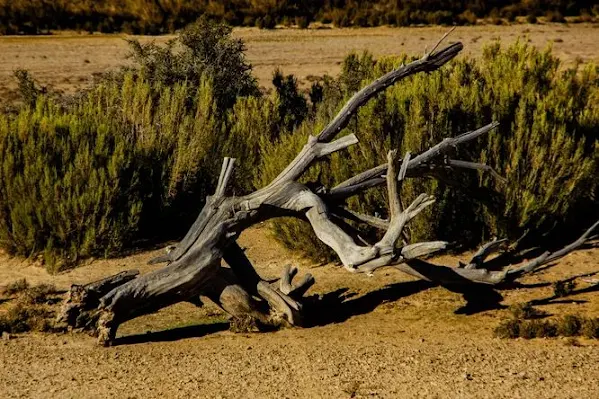An international team led by the University of Cambridge studied European oak trees and concluded that the current summer droughts in Europe are much more serious than those that have occurred in the region over the past 2,110 years.
The authors of the study are confident that the reason for this trend is climate change.
The recent summer droughts and heat waves in Europe have had devastating environmental and economic impacts. Experts say that as global temperatures continue to rise, the situation will only get worse. To understand exactly how the world around us will react to certain climate changes, scientists need to know how nature behaved in the past.
Most of the research trying to reconstruct the climate of the past has focused on temperature. However, stable isotopes in tree rings could provide scientists with dated information on hydroclimatic changes that will tell us about periods of drought.
As part of the new work, scientists compared more than 27,000 isotopes of carbon and oxygen in 147 living and dead European oak trees spanning a period of 2,110 years. The samples were taken from archaeological remains, subfossial materials, historical structures and living trees from the territory of modern Czech Republic and Bavaria.
The scientists explain that comparing carbon and oxygen values may indicate ancient growing season conditions, as carbon depends on photosynthetic activity and oxygen depends on water. Over a 2110-year period, isotopic data on tree rings showed that summers in AD 200, 720, and 1100 were very wet, and very dry in AD 40, 590, 950, and 1510. However, despite these “unusual years”, the results show that over the past two millennia, Europe has slowly become drier.
Samples from 2015-2018 show that droughts in recent years are much larger than those in the last 2,110 years. The authors of the work note that the unprecedented extinction of forests in most of Central Europe, which is now observed, only confirms these results.
Tags
Natural catastrophe
